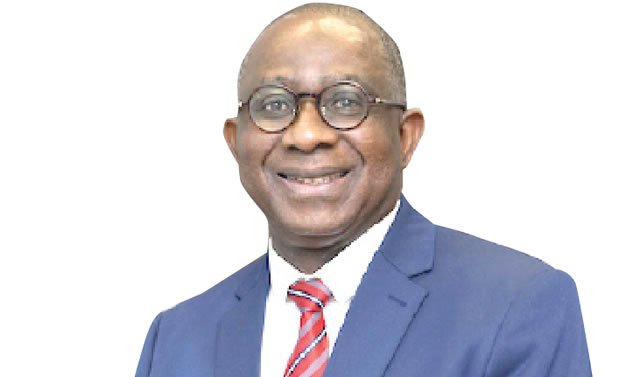
The Senior Special Adviser to the President on Industrialisation, African Development Bank, Prof. Banji Oyelaran-Oyeyinka, has said Nigeria is backward because it did not achieve economic diversification.
Speaking at the 8th Edition of the Nigerian Society of Engineers’ Annual Distinguished Lecture, Oyeyinka said the country required leaders who were not only committed to ensuring high-performing public sector institutions and organisations but those who seek to transform society through both vision and action.
His lecture was titled, ‘Nigeria’s development reversal: Halting descent into industrial Backwardness.’
Oyeyinka explained that Nigeria was poor because the country had experienced not only weak industrial growth but also de-industrialisation.
‘‘In other words, the central reason behind the wide and terrifyingly widening wealth gap between developed and developing countries is the gap in knowledge, especially scientific and technological knowledge. If natural resources alone were the basis of wealth, the Democratic Republic of Congo, Angola, and Nigeria among others will not be too far down the prosperity ladder yet they are among the poorest on earth.
“Rich nations have a long history of learning and acquisition of knowledge. They use this knowledge to master nature and to transform natural resources to high value goods.’’
He, thereby added that only a political and transformational leadership style would lead to national progress.
‘‘A transformational leader puts forward core values that is practiced both in private and in public; he/she celebrates the diversity of the nation, and effectively communicates his ideas. He/she thinks in strategic terms and demands commitment to excellence and innovation, sensitivity to ethical and cultural values of the society irrespective of an inevitable globalizing world in which nations must compete for investment and resources. It is within the power of a leader to initiate and promote commitment to these strong values through design of reward schemes and monitoring and accountability mechanisms that reduce the opportunities and incentives for rent-seeking.
“ Transformational Leadership is characterised by a compelling vision, a strong accent on a changed future by which the followers are guided in their actions and conduct; such leadership style excites and converts potential followers.’’
Oyeyinka explained that the AfDB president, Dr Akinwumi Adesina had a vision of Nigeria’s own green revolution including national wheat sufficiency, adding that ‘‘he started the program in Nigeria and as usual in Nigeria; politicians promptly stopped it once he left his position Minister of Agriculture. When he became the President of the AfDB this vision was implemented in Sudan and Ethiopia.’’





